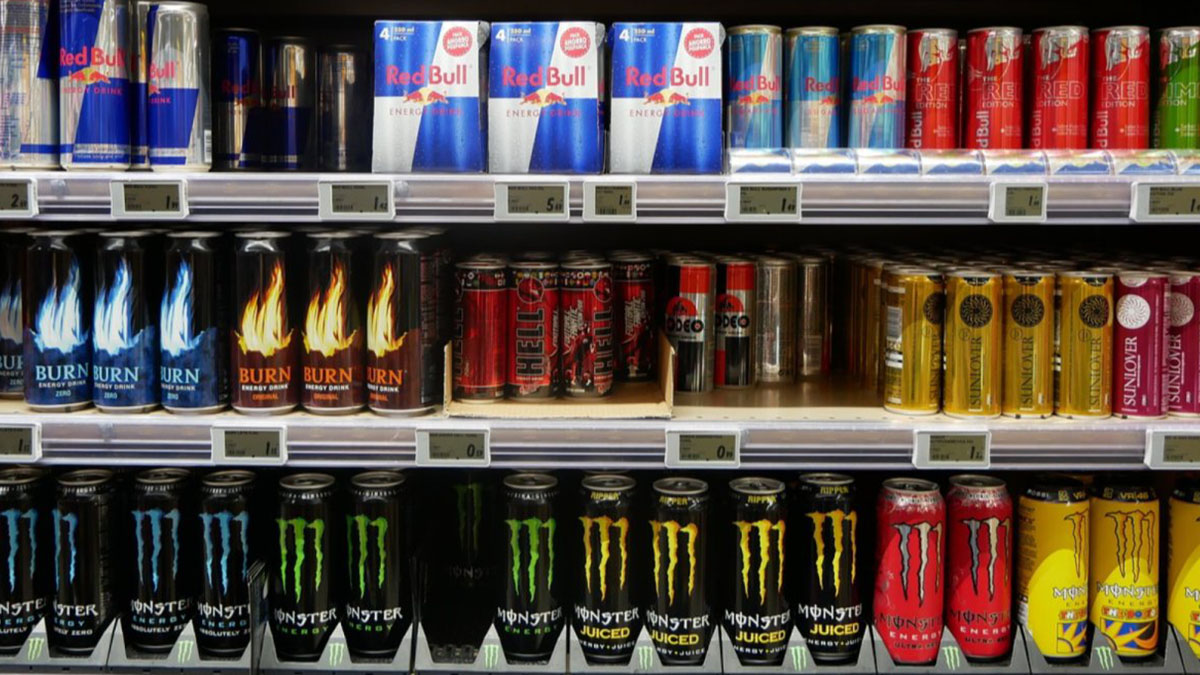
Energy drinks are marketed as a quick fix for energy and alertness, but they can pose serious health risks. Dr. Leana Wen, an expert in emergency medicine and wellness, sheds light on the hidden dangers of these popular beverages.
What Are Energy Drinks?
Energy drinks are beverages that aim to boost your energy and focus. They often contain:
- High levels of caffeine
- Sugar
- Stimulants like taurine, guarana, and L-carnitine
These drinks are not the same as sports drinks, which are designed to replenish fluids and electrolytes lost during exercise.
Energy Drinks vs. Sports Drinks
It’s crucial to differentiate between energy drinks and sports drinks:
- Energy Drinks: These are intended to stimulate and increase alertness. They can contain high amounts of caffeine and other stimulants. They are not meant for hydration.
- Sports Drinks: These help restore electrolytes and fluids lost during intense physical activity. They usually contain salts and sometimes sugars, but no stimulants.
Health Risks of Energy Drinks
Dr. Wen highlights several risks associated with energy drinks:
- Caffeine Overload: Excessive caffeine can lead to:
- Rapid heartbeat
- Jitters and anxiety
- Difficulty sleeping, leading to more fatigue
- Dehydration, since caffeine can increase fluid loss
- Severe Caffeine Effects: In extreme cases, very high caffeine intake can cause:
- Heart problems, including cardiac arrest
- Brain swelling
- Kidney failure
Recommended Caffeine Limits
- Adults: The FDA suggests a maximum of 400 milligrams of caffeine per day (equivalent to 4-5 cups of coffee). Since some energy drinks contain 200-300 milligrams per serving, checking the label is essential.
- Children and Teens: The American Academy of Pediatrics advises against energy drinks due to potential risks like anxiety and weight gain.
Using Energy Drinks for Sports
- Avoid Energy Drinks: For hydration, water is usually best. Sports drinks are a better choice if you need to replace lost electrolytes. Energy drinks can cause dehydration and are not suitable for pre-sport consumption.
Who Should Be Careful?
Certain groups should be especially cautious with energy drinks:
- Children: Energy drinks should be avoided altogether.
- Individuals with Heart Issues: People with heart conditions or high blood pressure should steer clear of energy drinks as they can exacerbate these conditions.
- Those on Medications: Energy drinks can interact with certain medications. Consult with your healthcare provider if you’re on prescription drugs.
Healthier Alternatives for Energy
Instead of relying on energy drinks, consider these safer alternatives:
- Identify Health Issues: Fatigue might be a sign of underlying conditions like anemia or sleep disorders.
- Improve Sleep: Better sleep habits can enhance energy levels.
- Healthy Diet: A balanced diet supports sustained energy.
- Stay Hydrated: Drinking enough water throughout the day can keep you energized without the risks associated with energy drinks.
Conclusion
Energy drinks might provide a temporary boost, but they come with potential health risks, particularly when consumed in large quantities. For a healthier approach to managing fatigue, focus on lifestyle improvements and consult with healthcare professionals as needed.
